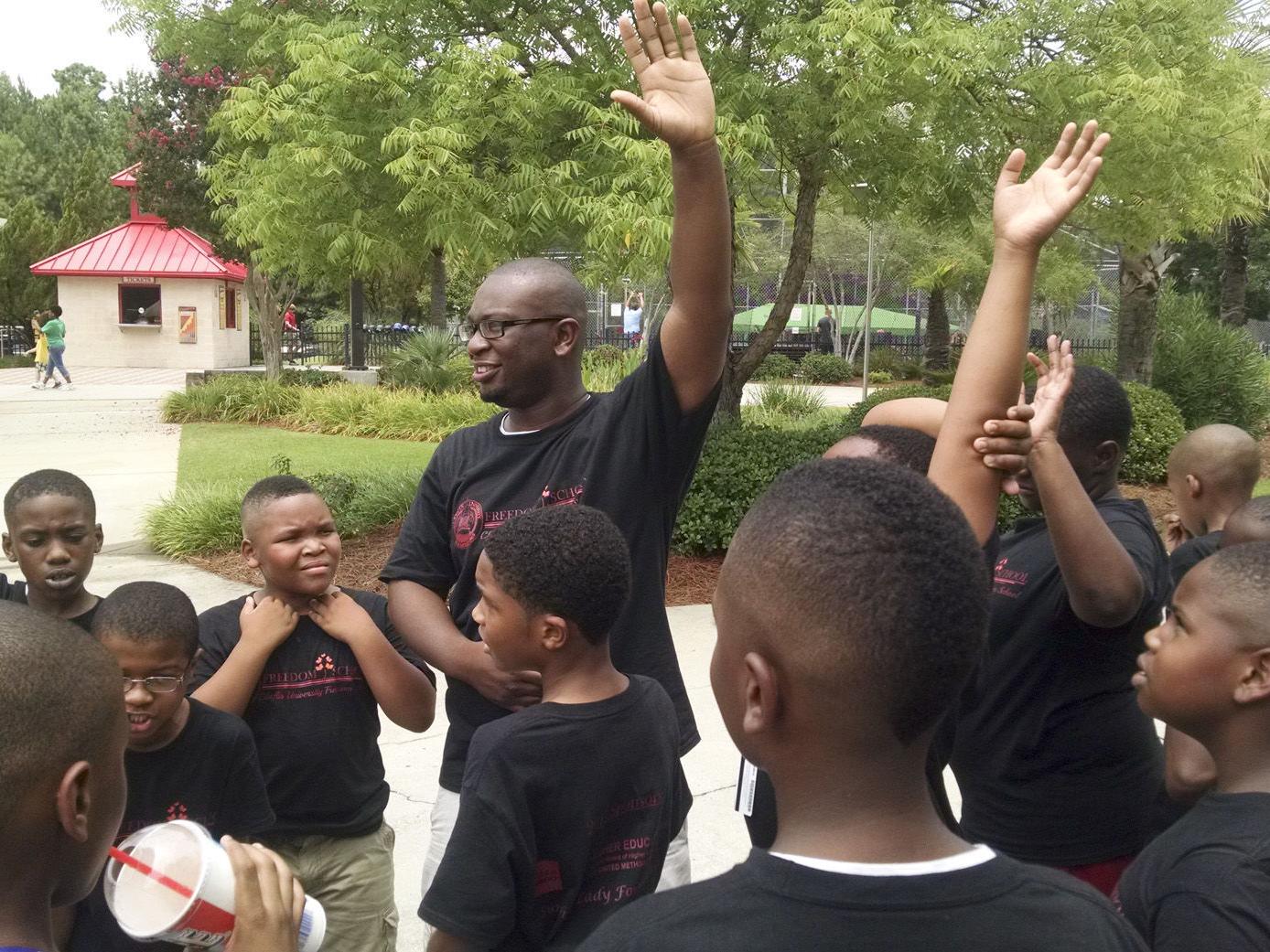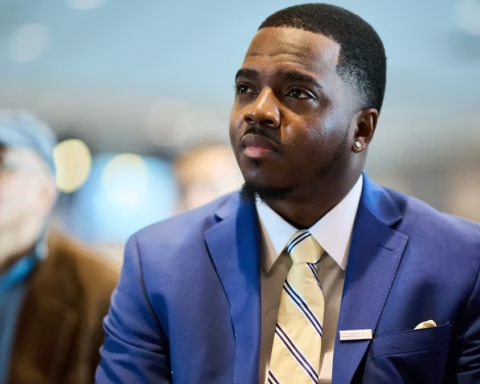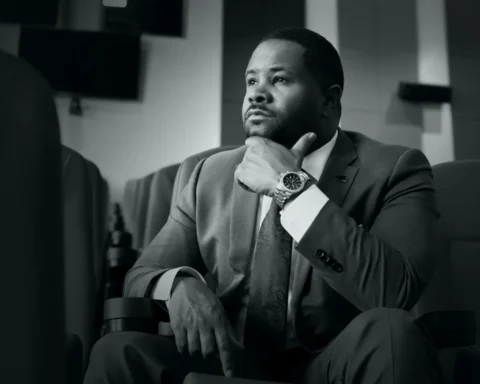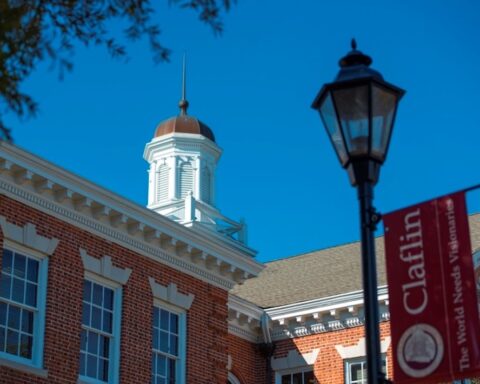Courtesy of Claflin University
Claflin University’s Freedom School concluded its summer activities recently with a closing presentation that featured speeches on topics such as climate change, conflict resolution, healthy lifestyles, step performances, and recognition of the program’s outstanding scholars.
More than 70 students in the third through the eighth grades participated in the Freedom School, which celebrated its 12th year at Claflin. The six-week program began on June 13, 2022. The Freedom School follows the Integrated Reading Curriculum, which promotes multicultural learning, reading, and creative activities that reinforce non-violent conflict resolution and cooperation. The students also learn academic and life skills through interactive activities. Improving the students’ reading skills is one of the program’s primary targets.
“I really enjoyed reading books and learning more about the world and how trees help us live and breathe,” said Alivia Cansler, a third grader at Sheridan Elementary School in Orangeburg, S.C.” It was fun learning about the environment and reading about people from different cultures. I also made a lot of new friends.”
Kingston Clark, who will enter the sixth grade this fall at Mellichamp Elementary School, said writing, drawing, and reading were his favorite activities. “I also enjoyed popcorn step dancing,” Clark said. “I did not want the program to end, so I look forward to coming back next year.”
Raymone Rogers, a site coordinator, is in his sixth year as a member of the Freedom School staff. Rogers is a 2017 Claflin graduate and a mathematics teacher at Chestnut Oaks Middle School in Sumter, S.C.
“This program allows students to continue their education by participating in academic and cultural enrichment programs during the summer,” Rogers said. “We emphasize the importance of students improving their reading levels. As an educator, I like to see the students succeed. But you realize that each student has a different background and different experiences. Sometimes it takes patience before you find the best approach that helps them become successful in the classroom.”
The Freedom School’s schedule of activities included themed events inspired by books the students were assigned to read each week. Among the themes was climate change, which allowed students to develop their perspectives on this controversial and often-misunderstood subject.
“We defined and discussed climate change during one of our “Social Action Day” programs,” said Dr. Nathan Chaplin, director of Claflin’s Freedom School. Chaplin is also an assistant professor/coordinator of human performance and recreation activities at Claflin. “We also discussed climate justice and how an alarming number of African Americans and other people of color live near landfills and toxic waste sites, and how this leads to numerous diseases and health disorders. The students created posters and wrote speeches about this topic.”
Chaplin said students are placed on teams, and each group appoints a spokesperson. He believes students are more engaged when they are assigned specific responsibilities. “The parents tell us that their kids have never been more eager about getting up in the morning and going to school,” Chaplin said.
Chaplin is particularly proud of the improvement Freedom School students are experiencing in their reading levels. “Our students consistently earn high marks for their learning and reading skills.”
“The program has also played a vital role in minimizing the loss of the abilities and skills they developed during the previous school year,” Chaplin said. “I believe in addition to having talented teachers, the students are inspired by the campus environment. They are learning in college classrooms; they walk the campus daily and eat meals in the dining hall – just like the students. Their teachers are college interns or college graduates. They see our students on campus; some ask how they are doing and what school they attend. We are one of the few Freedom School programs on a college campus. In many ways, these future scholars are preparing themselves for college.”





